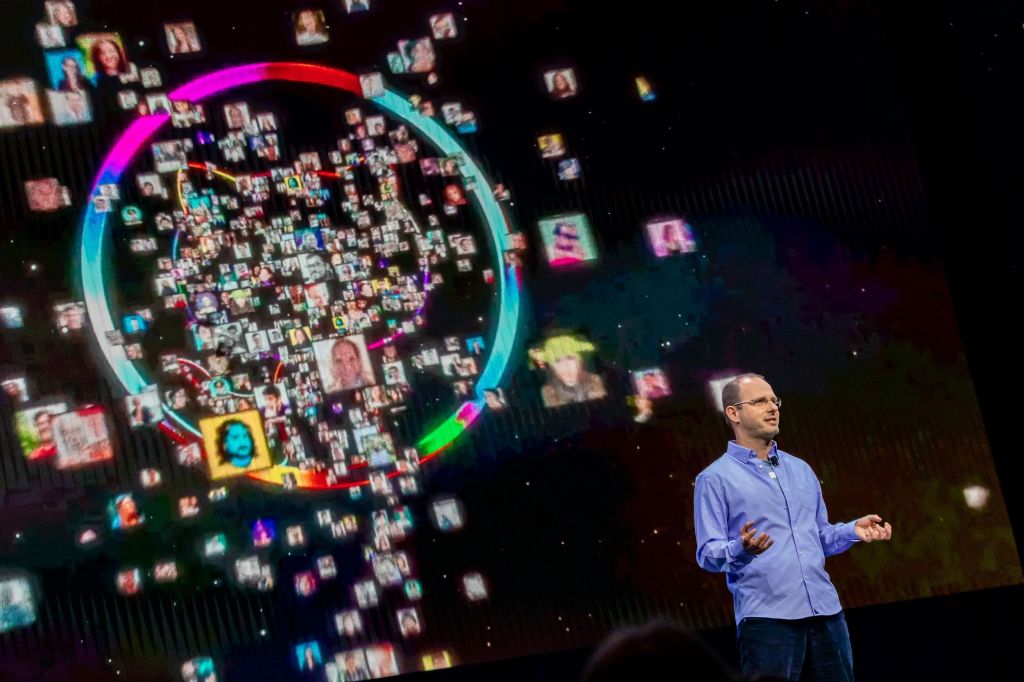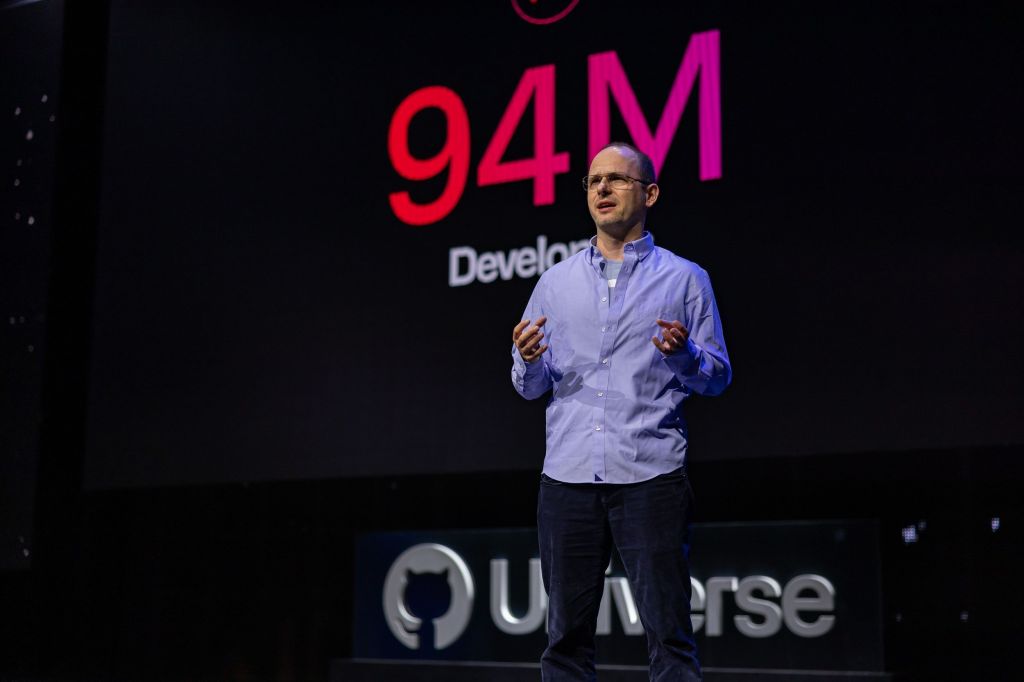The CEO of Microsoft-owned GitHub explains why artificial intelligence is revolutionising the way coding works.
In a world where software plays an increasingly central role in day-to-day life – from producing sophisticated business reporting functions to driving a car or choosing the next series to binge on, the shortage of software developers is cause for concern, says GitHub CEO Thomas Dohmke.
In Australia, an extra 60,000 information technology graduates will be needed every year over the next five years to meet the rising demand for computer skills. At the moment, Australia is producing only 7,000 graduates, according to a report by the Australian Computer Society (ACS).
While state and federal governments mull the funding of extra university placements and other schemes, Dohmke believes that artificial intelligence tools can help plug the gaps.
For example, as more and more code is written by the world’s developers, the task of managing the code and fixing bugs and other issues becomes overwhelming. In the meantime, the speed of growth and innovation in businesses is hampered.
Last year, GitHub announced a new product called Copilot, which uses AI technology to predictively write code. Copilot is the result of a collaboration with research laboratory OpenAI, which is owned by Microsoft.
In Australia, an extra 60,000 information technology graduates will be needed every year over the next five years to meet the rising demand for computer skills.
“Most companies have a hard time finding developers,” Dohmke told Forbes during a recent visit to Australia from GitHub’s HQ in Seattle.
“Artificial intelligence will help us to unlock more creativity and more value for the businesses that build software, and ultimately, other open-source projects.”

Open-source software is the bedrock of the world’s software, according to Dohmke. It is different from proprietary software in that it is developed collaboratively and is freely available to the public. Other developers can improve or modify it for their own purposes. Some of the best-known examples of open-source creations are internet browser Mozilla Firefox and VLC media player.
GitHub was founded in 2007 and today it has 94 million developers in its open-source community, making it the world’s largest. Microsoft acquired GitHub in October 2018 for US$7.5 billion.
“Part of the reason why Microsoft acquired GitHub is because many of its enterprise customers in particular want to adopt the open-source collaboration model within their company,” says Dohmke. “They want to have people building things together instead of in parallel.”
GitHub was founded with the idea of being flat: for the first six years it had no middle managers and employees could choose which projects they worked on.
Due to the fact that programming language is easier to predict than the languages spoken by humans, Dohmke believes that Copilot will revolutionise the speed with which developers work. To him, it feels like light years ago that he started out his career as a coder in Germany in the pre-internet days of the late 1980s.
“The AI is the copilot – the developer is flying the plane and telling it where it wants to go,” he explains. “The AI copilot spits out what we call ‘ghost text’ and its predictions get better and better. At some point, the developer can just press the tab key and the copilot autocompletes 10 or 20 lines of code.”
GitHub was founded with the idea of being flat: for the first six years it had no middle managers and employees could choose which projects they worked on.
The increased speed results in a better return on investment for businesses, and it makes the developer’s job more enjoyable. Copilot takes care of much of the uncreative, boilerplate content – AI writes around 40% of the total code.
“Think of it like a dishwasher,” says Dohmke. “The dishwasher does the work that nobody likes to do. It also keeps developers in the flow. If a developer has to stop to look something up or search for a solution, it is a major distraction from the creative flow.”

Copilot will be capable of creating increasingly powerful hardware with the advent of supercomputers and Copilot will be able to execute more parts of the business process.
Dohmke believes that the only challenge could be the regulatory framework surrounding the use of AI, as tech developments tend to precede appropriate regulation by several years.
Nonetheless, he is excited about the future of software, saying that nowadays very little capital investment is needed to get started as a developer.
“Effectively, to be a developer today you just need a keyboard, a screen and an internet connection. Your education doesn’t matter, nor does your nationality. Often the language you’re speaking doesn’t matter either, so long as you can write the code that the open-source project uses. Developers collaborate with each other across boundaries – unlike most companies, there are no hierarchies and silos. GitHub has helped to build the largest team sport on Earth, and it just got better.”
